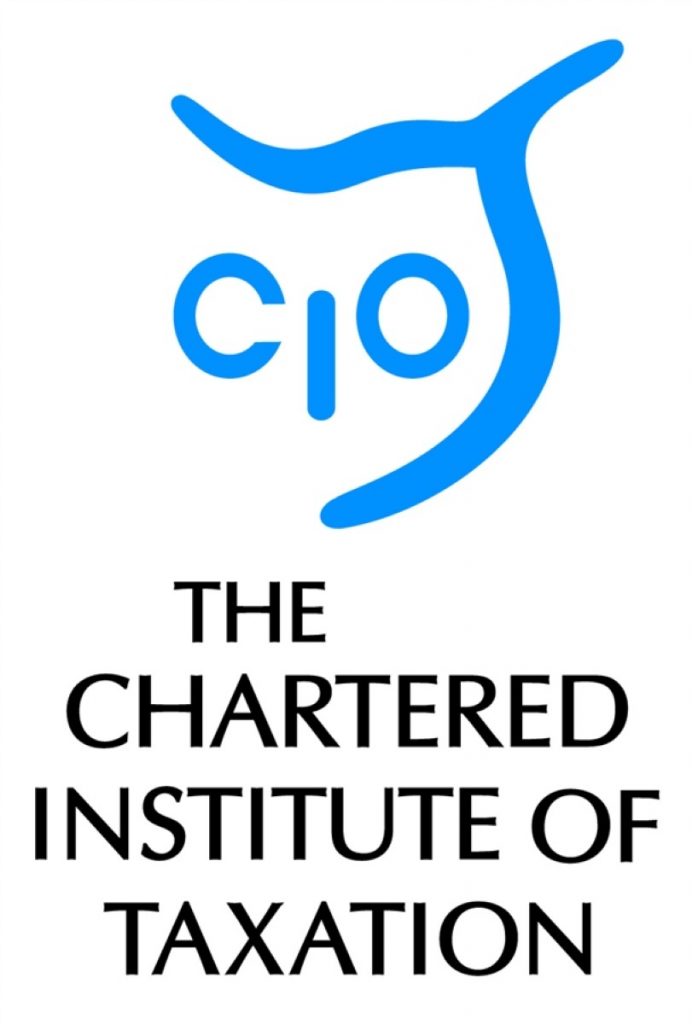Record 11 million taxpayers warned over tax return deadline
With self-employment in the UK now at record levels it is estimated that 11.2 million people need to fill out a Self Assessment1 tax return for the 2013/14 tax year, more than ever before. Last year 10 million returns were submitted on time but nearly 1 million people missed the deadline, subjecting themselves to penalties of £100 or more.
The Chartered Institute of Taxation (CIOT) is drawing attention to two points of particular importance:
· To file online, an HMRC ‘Online Account’ is required – this can take up to seven days to set up
· This is the second year in which high income taxpayers in receipt of child benefit (or whose partners receive child benefit) are now required to file a SA tax return2
CIOT Tax Policy Director, Patrick Stevens, said:
“After the euphoria of Christmas and New Year, a £100 fine from the Revenue for late filing would be a particularly nasty shock. Last year, despite increased fines and publicity, almost one million taxpayers failed to file on time. This is entirely avoidable as the online process, increasingly displacing traditional paper forms, is relatively straightforward to use:
· Register for your online HMRC account, here.
· Register for SA (which you should have done by 5 October last year), here.
· File your SA tax return, here.
“The first step, the online account, can take up to seven working days to complete as it involves HMRC sending out an activation code in the post. Therefore, we urge people not to leave things to the last minute if they wish to avoid the rush to beat the 31 January filing deadline.
“With ever more people being drawn into the Self Assessment net each year3, HMRC’s resources to help taxpayers who have queries or need other assistance with their returns are likely to be stretched even more than previously. Getting through to HMRC’s helplines in the final few days may be even harder than in previous years. This is another reason why getting the return out of the way before the final week makes sense.
“Given its recent introduction, it is particularly important that parents are aware that if either they or their partner have income in excess of £50,000 pa and either of them is in receipt of child benefit, they are obliged to pay the High Income Child Benefit Tax Charge via their SA return. If both partners have income over £50,000, the charge applies only to the partner with the higher income.
“Taxpayers should note that if they miss the 31 January deadline they will be fined £100, regardless of whether they actually owe any tax. If the return is still outstanding after three months a charge of £10 per day for the next 90 days will be applied. Finally, we recommend that those in any doubt about their status or obligations seek the advice of a tax adviser.”
Notes for Editors
1. You are obliged to send a tax return if you are a self-employed sole trader, a partner in a business partnership or a company director (unless if it’s for a non-profit organisation such as a charity and you don’t get any pay or benefits, like travel expenses or a company car). Further information, including establishing whether you are required to file, a link to registering for and filing your SA return, can be found here.
2. The number of people now required to complete self-assessment forms has increased markedly since the introduction of the High income child benefit charge (HIBC) on 7 January 2013. Further information, including whether the charge is applicable to you, can be found here.
3. This includes a total of 4.956 million people (2014) who were self-employed (inclusive of main and second jobs), which is the highest level at any point in the past four decades. Further information and more detailed analysis can be found via the Office for National Statistics, by clicking here.
4. The Chartered Institute of Taxation
The Chartered Institute of Taxation (CIOT) is the leading professional body in the United Kingdom concerned solely with taxation. The CIOT is an educational charity, promoting education and study of the administration and practice of taxation. One of our key aims is to work for a better, more efficient, tax system for all affected by it – taxpayers, their advisers and the authorities. The CIOT’s work covers all aspects of taxation, including direct and indirect taxes and duties. Through our Low Incomes Tax Reform Group (LITRG), the CIOT has a particular focus on improving the tax system, including tax credits and benefits, for the unrepresented taxpayer.
The CIOT draws on our members’ experience in private practice, commerce and industry, government and academia to improve tax administration and propose and explain how tax policy objectives can most effectively be achieved. We also link to, and draw on, similar leading professional tax bodies in other countries. The CIOT’s comments and recommendations on tax issues are made in line with our charitable objectives: we are politically neutral in our work.
The CIOT’s 17,000 members have the practising title of ‘Chartered Tax Adviser’ and the designatory letters ‘CTA’, to represent the leading tax qualification.





-01.png)